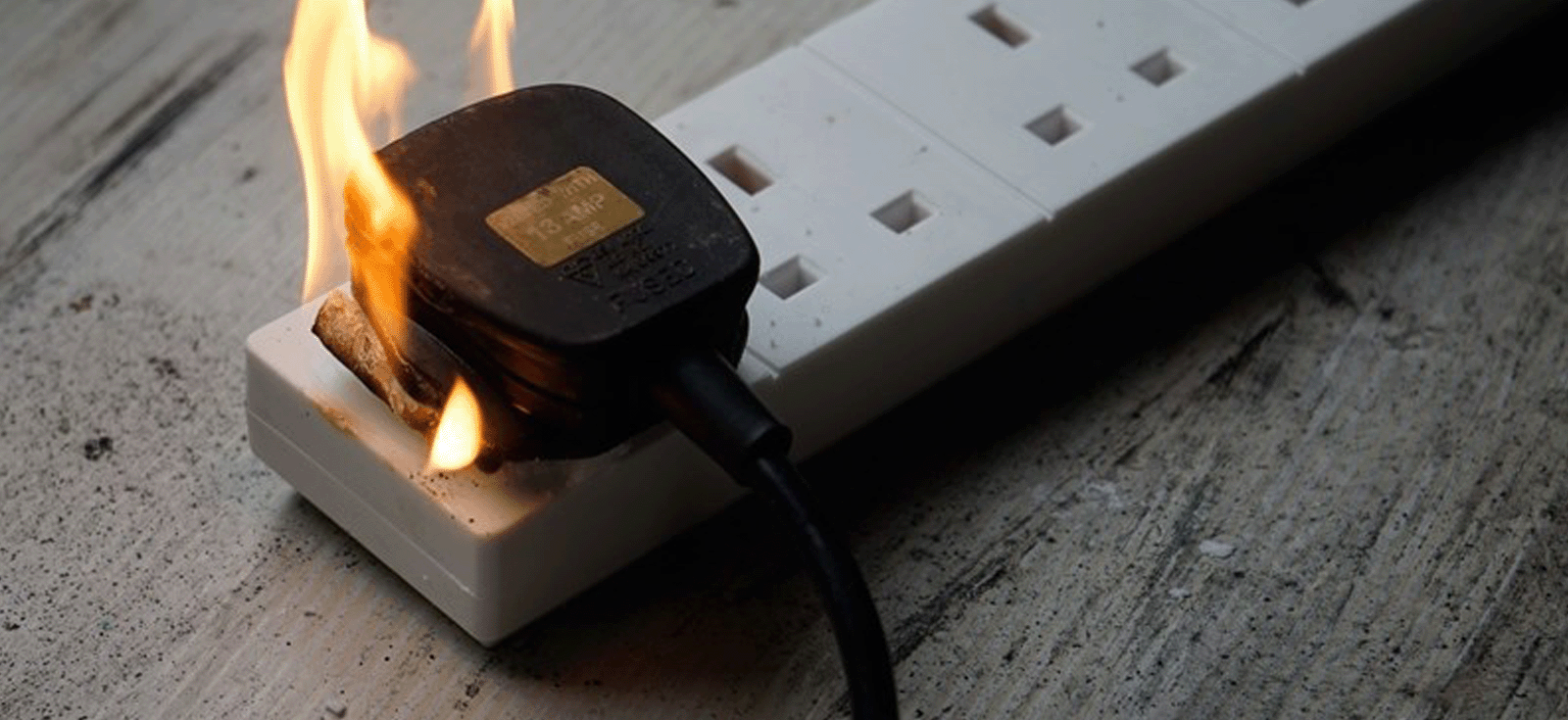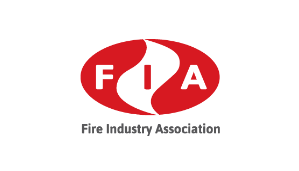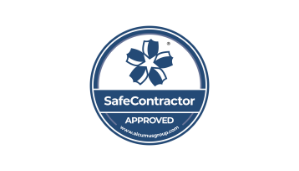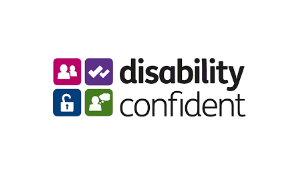Heading back to university is an exciting time – whether you’re a fresher or a returning student, settling into new accommodation, meeting friends, and navigating independence is all part of the experience. However, one thing that shouldn’t be overlooked is fire safety.
Student accommodations can be high-risk environments for fire incidents, from busy shared kitchens to overloaded electrical sockets. At CDS, we prioritise the safety of student communities by providing top-tier fire detection and prevention systems. But fire safety starts with awareness. Here’s a detailed fire safety checklist to help you and your flatmates stay safe this academic year:
1. Test Your Smoke Alarms Regularly
Smoke alarms are your first line of defence against fire. They’re designed to detect smoke early, giving you critical time to escape safely. In student accommodations, there are often multiple alarms—both in your room and common areas. Ensure they’re:
- Tested weekly. Press the test button to hear the alarm sound.
- Reported immediately if they’re not working. Contact your building manager or maintenance team as soon as possible if an alarm fails to function.
- Never tampered with. Never cover or disable a smoke alarm – it’s illegal and endangers everyone in the building.
At CDS, we offer comprehensive fire alarm systems designed for student accommodations, ensuring full coverage of all areas for maximum safety.
2. Familiarise Yourself with Fire Escape Routes
In an emergency, every second counts. Familiarising yourself with fire escape routes could mean the difference between life and death. Even if you never expect to use them, it’s crucial to:
- Learn all possible exits from your flat and building.
- Walk through your escape routes as soon as you move in. Check if corridors or stairwells are blocked.
- Ensure fire doors and exits are always accessible and clear. Never leave items like bicycles, suitcases, or furniture in corridors or stairwells.
3. Close Fire Doors – They Save Lives
Fire doors are specially designed to resist fire and smoke for up to 30 minutes, containing the spread of flames and protecting escape routes. It’s easy to forget their importance in day-to-day life, but during a fire, they’re invaluable.
- Never prop them open. A fire door wedged open can’t stop smoke and flames from spreading.
- Check that the self-closing mechanism works properly. If a fire door doesn’t close on its own, report it immediately.
At CDS, we ensure that fire doors are installed and maintained correctly, reducing the risk of fire spreading within student accommodations.
4. Practice Safe Cooking Habits
Cooking-related fires are the most common cause of domestic fires, especially in student kitchens where cooking happens around the clock. Whether you’re a seasoned chef or a cooking novice, make sure you:
- Never leave cooking unattended. Whether it’s boiling pasta or frying eggs, stay in the kitchen. If you must leave, turn off the stove.
- Avoid cooking if you’ve been drinking. It might seem like a good idea to fry up some snacks after a night out, but this is when accidents are most likely to happen.
- Keep flammable items away from the hob. Items like tea towels, paper towels, and oil bottles should be kept at a safe distance.
- Clean kitchen appliances regularly. Built-up grease on ovens and hobs is highly flammable.
For extra peace of mind, make sure your kitchen has a fire blanket or extinguisher within reach—and know how to use them.
5. Electrical Safety: Unplug and Don’t Overload Sockets
Living with multiple people often means multiple gadgets – phones, laptops, gaming consoles, and kitchen appliances all competing for plug space. Overloaded sockets are a common fire hazard in student housing, but you can mitigate the risk by:
- Unplugging devices when they’re not in use. Phone chargers and kitchen appliances left plugged in, even when turned off, can overheat.
- Avoiding daisy-chaining extension leads. Plugging one extension lead into another to gain more sockets can cause dangerous electrical overloads.
- Using high-quality surge protectors with built-in fuses to prevent overloading.
Take note of any flickering lights, buzzing outlets, or sparking plugs, and report them to your accommodation team.

6. Use Battery-Operated Alternatives to Candles
Candles are often used to create a cozy, relaxing atmosphere. However, they’re also a significant fire hazard. Even a small candle can cause a fire if it’s knocked over or left unattended. Instead, opt for:
- Battery-operated LED candles: These offer the same warm ambiance without the risk.
- Avoid smoking indoors or using incense, which can easily ignite flammable materials.
If you must use candles, keep them away from curtains, bedding, and anything that could catch fire, and never leave them unattended.
7. Store Flammable Materials Properly
Aerosols, cleaning products, and even some beauty products can be highly flammable. To prevent accidental fires:
- Keep flammable materials in cool, well-ventilated areas.
- Store them away from heat sources such as radiators or stovetops.
Make sure everyone in your flat knows where these items are stored and how to handle them safely.
8. Ensure Your Accommodation’s Fire Safety Standards Are Met
Whether you’re in halls or private accommodation, ensure that fire safety regulations are being followed:
- Fire risk assessments should be up-to-date. Ask your accommodation team about the last assessment.
- Fire alarms and detectors should be installed in all bedrooms, common areas, and kitchens.
- Fire extinguishers and blankets should be readily available, especially in communal kitchens.
If your accommodation is lacking in any of these areas, raise the issue with management or your landlord.
9. Know How to Use Fire-Fighting Equipment
While prevention is key, knowing how to respond to small fires is just as important. Most accommodations will provide basic fire-fighting tools such as:
- Fire blankets – ideal for kitchen fires, particularly when oil is involved.
- Fire extinguishers – familiarise yourself with the different types (water, foam, CO2) and which fires they’re designed to combat.
If a fire breaks out, don’t put yourself at risk. Call the fire brigade immediately if the fire becomes unmanageable.
10. Report Any Hazards Immediately
Be vigilant about potential fire hazards in your accommodation. If you notice something amiss, whether it’s a faulty smoke alarm, a blocked fire exit, or an overloaded socket – report it immediately to your accommodation manager or landlord. It’s better to address hazards early than deal with the consequences later.
By following these essential fire safety tips, you can help reduce the risk of fire and protect yourself and others in your student accommodation. At CDS, we work closely with student accommodation providers to design and maintain advanced fire safety systems that provide the protection you need.


















